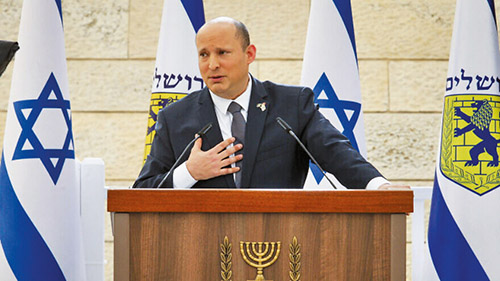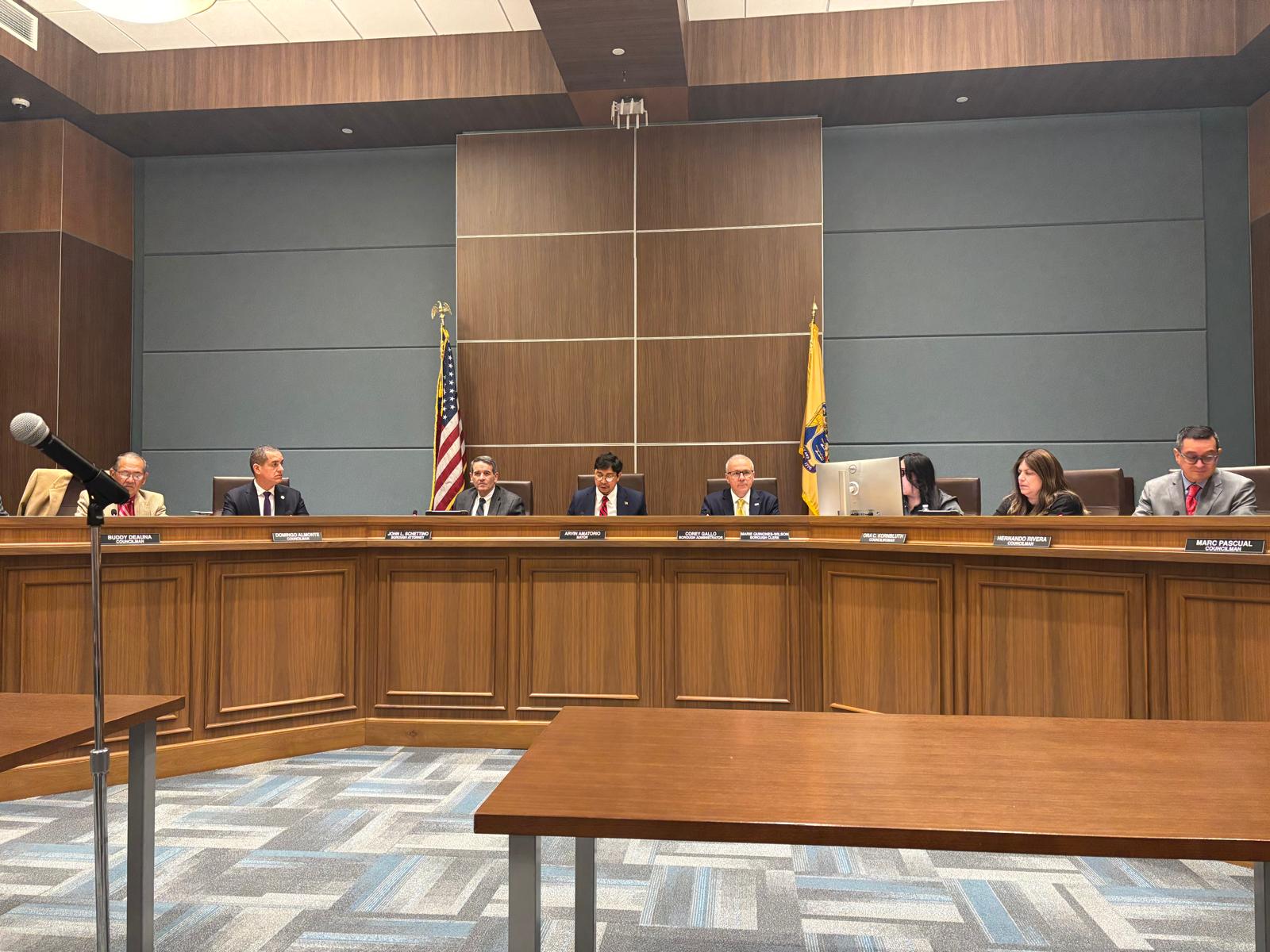
Israel’s Memorial Day, Yom HaZikaron, officially began at 8 p.m. Tuesday night, May 3, with the sound of the siren for one minute followed by a ceremony at the Western Wall in Jerusalem’s Old City.
President Isaac Herzog in a speech at the Western Wall Plaza echoed remarks made earlier in the day by Prime Minister Naftali Bennett, with both leaders calling for unity.
“Our sons and daughters, who fell in defense of our state, fought together and fell together,” Herzog said. “They did not ask, nor did anyone ask them, who was right-wing and who was left-wing. Who was religious. Who was secular. Who was Jewish and who was not Jewish. Nor did grief pose these questions, to them or to you. They fell as Israelis, defending Israel.
“In cemeteries, arguments fall silent,” Herzog continued. “Between the headstones, not a sound. A silence that demands that we fulfill, together, their single dying wish: the resurrection of Israel. The building of Israel. United, consolidated, responsible for each other.”
At 11 a.m. Wednesday morning, a second two-minute siren sounded across the country, followed by memorial services at Israel’s 52 military cemeteries.
Israeli Prime Minister Naftali Bennett vowed, in his Memorial Day speech at Mount Herzl in Jerusalem on Wednesday, to strike back not only at terrorists but at those who dispatch them, including those “a thousand kilometers east of here.”
In a thinly veiled warning to Iran, Bennett said that those who send terrorists to attack Israel “have already begun to pay the price, and this will only increase.”
Israel’s enemies, he continued, “will encounter more and more initiative, attacks and innovation. If we will have to fight a new conflict, we are determined to arrive ready, trained, surprising our enemies and not being surprised, and to strike the enemy with a powerful, decisive blow.”
The number of fallen soldiers since 1860 defending the pre-state Yishuv and Israel stands at 24,068.
According to the National Insurance Institute, some 3,199 civilians have been killed in hostilities since the establishment of the state.
By Algemeiner Staff and combined sources













